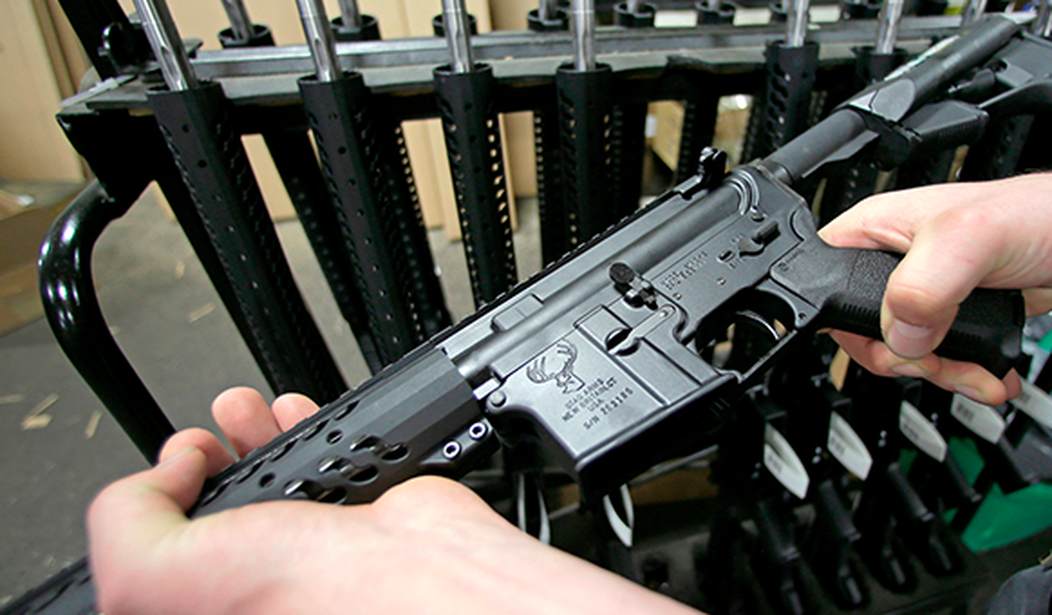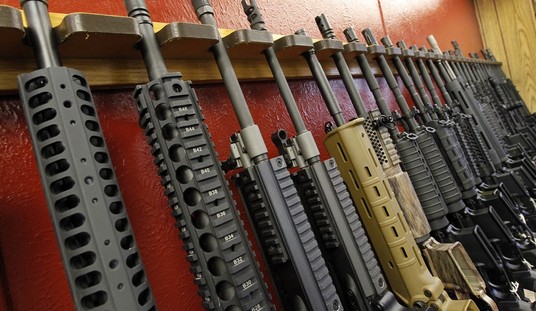Colorado, in the wake of Colorado Springs, is pushing for gun control once again. While it’s not surprising to see, it’s still disappointing. It wasn’t all that long ago when Colorado was a fairly pro-gun state.
Unfortunately, those days are long over. Now, it seems the state looks for every opportunity to pass gun control, and this time is no exception.
Lawmakers appear poised to pass a litany of gun control legislation, but there’s a key bit missing from much of the current push: An assault weapon ban.
When Colorado Democrats rolled out their gun law reform legislation Thursday, it lacked a proposal already subject to much consternation — one to define and prohibit the sale of assault weapons.
Six weeks after an initial draft was released without the sponsors’ permission, the assault weapons bill has still not been introduced in the House. In the interim, Republicans have used the proposed ban as a punching bag, while top Democrats have coalesced around a cache of gun reform measures that include age limits, waiting periods and expanding the state’s red-flag law.
That’s moved the ban to the margins of the party’s historic effort to address gun violence. One of the measure’s initial sponsors — Rep. Andy Boesenecker, who previewed the bill for the Denver Post a month ago — has pulled his name from the bill. He declined to comment on the measure this week. The measure’s remaining primary House sponsor, Denver Democratic Rep. Elisabeth Epps, has grown increasingly frustrated about the bill’s status and feels the policy has been de facto sidelined by House leadership. She said she’s had tense discussions with Speaker Julie McCluskie about the proposal but that it’s now on track to be introduced in the coming days.
For Democrats, the bill stands at the intersection of policy and politics. On the one hand, assault-weapon bans are broadly popular among Democratic voters, in America and in Colorado, who have been on the front lines of America’s mass shooting crisis for more than two decades. Colorado’s two U.S. senators have both signed on to federal legislation to ban assault weapons, a measure supported by President Joe Biden and leading gun control groups.
On the other hand, the policy is deeply contentious — even in already tense gun-control debates — and, some lawmakers argue, will not do as much to prevent suicides and day-to-day gun violence as other bills. Those measures are already expected to invite hours of testimony and floor debate, without the additional tension of an assault weapons ban.
Honestly, that’s probably smart on their part. Assault weapon bans are contentious and while I don’t think any gun control is going to accomplish all that much, I know so-called assault weapons account for fewer fatalities each year than fists and feet, despite the anti-gun rhetoric.
Yet there’s a sliver of good news in general here, namely that if lawmakers are too concerned to try and push an assault weapon ban following a high-profile mass shooting, then there’s an opportunity to prevent the rest of the Democrats’ anti-gun agenda as well.
Sure, those other items tend to poll a whole lot better, but polls deal with broad concepts. What polling doesn’t ask about is the nitty-gritty details of particular bills.
It’s in those details that you find the things that people didn’t know about when they answered the pollster’s phone call. It’s there that you show people why these measures are terrible ideas, even when they believe the goal is worthwhile.
Yet as for the assault weapon ban, it’s a little surprising that Colorado isn’t going down that road, though we’ll see if the gun ban bill does get introduced this week as the House speaker indicated. From a political perspective they shouldn’t push something that will be that contentious and could provide a rallying point for the opposition. It’s a sound strategy.
It’s up to pro-gun voices, though, to make sure it doesn’t matter.








Join the conversation as a VIP Member